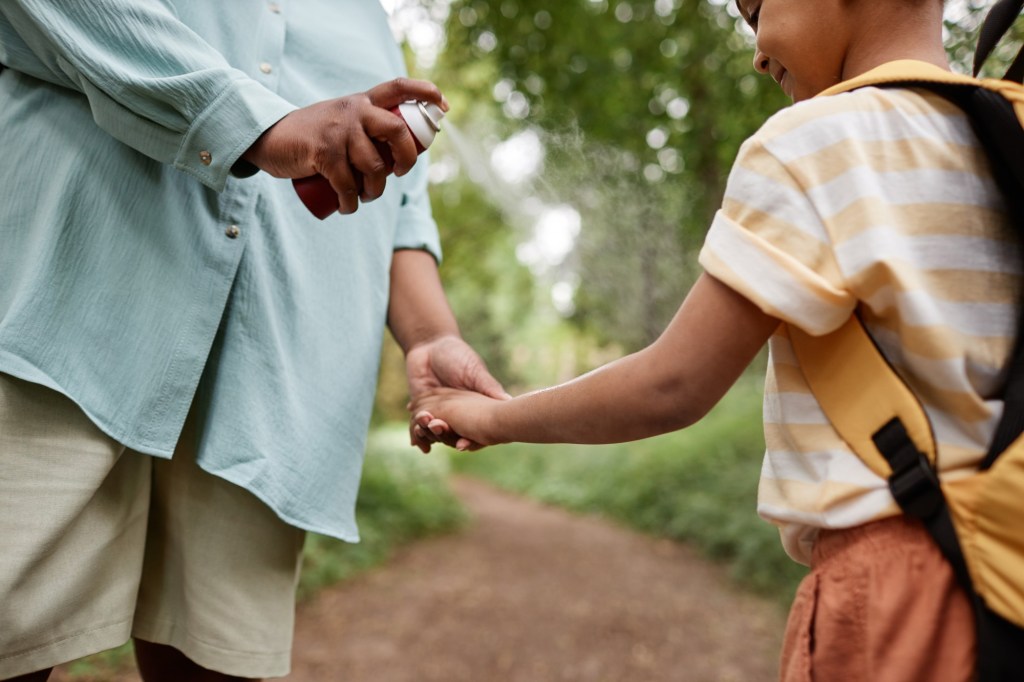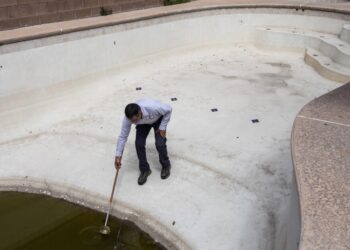By Dr. Sophie J. Balk, American Academy of Pediatrics
Warmer weather means more chances for kids to go outside to play, hike and enjoy the fresh air with family and friends. Warmer weather also means preventing insect bites.
Biting insects such as mosquitoes and biting flies can make children miserable. More worrisome is that bites from some insects can cause serious illnesses.
Depending on where you live, you may already be familiar with illnesses that spread from insects to people. For example, Lyme disease, West Nile virus and Zika spread through the bite of a mosquito or tick. Recently, insect-borne illnesses are on the rise, due in part to the effects of climate change.
One way to protect your child is to use insect repellents. Choose one that is effective at preventing bites from insects commonly found where you live. Follow the instructions on the label for proper use.
Keep in mind that most insect repellents don’t kill insects. Insects that bite — not ones that sting — are kept away by repellents. Biting insects include mosquitoes, ticks, fleas, chiggers and biting flies. Stinging insects include bees, hornets and wasps.
The American Academy of Pediatrics and Centers for Disease Control and Prevention recommend using an insect repellent product that has been registered by the Environmental Protection Agency. These products contain ingredients such as DEET, picaridin, oil of lemon eucalyptus or another EPA-registered active ingredient. Visit https://bit.ly/44Rt1mI to search for EPA-registered insect repellents
Several insect repellents with DEET are approved as safe and effective. The concentration of DEET in a product indicates how long the product will be effective. You can choose the lowest concentration to provide protection for the among of time spent outside. For example, 10% DEET provides protection for about two hours, and 30% DEET protects for about five hours. A higher concentration works for a longer time, but anything over 50% DEET…
Read the full article here







